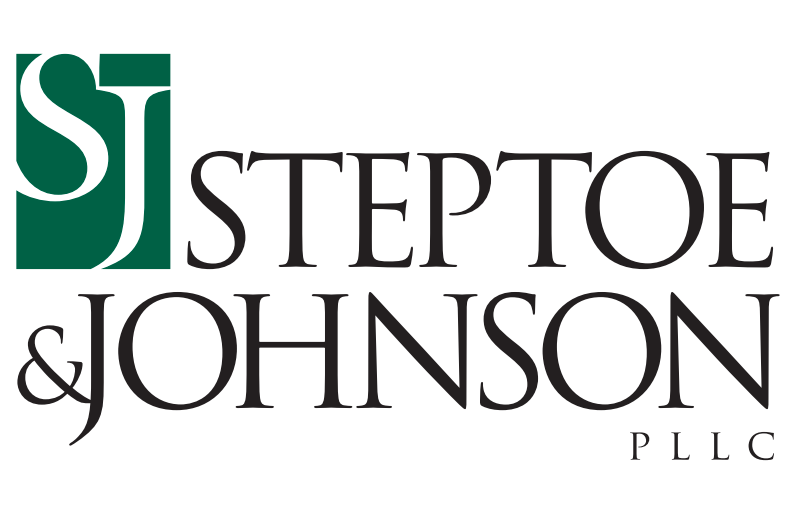Details
The National Labor Relations Board (NLRB or the Board) has ruled that a Home Depot employee engaged in protected concerted activity by wearing a Black Lives Matter (BLM) slogan on a company uniform. The Board found that displaying the BLM slogan was a "logical outgrowth" of racial harassment concerns the employee later raised to management and that Home Depot violated the National Labor Relations Act (NLRA) by ordering the employee to remove the slogan.
Home Depot enforced a nationwide dress code prohibiting employees from displaying "causes or political messages unrelated to workplace matters." The dress code was not enforced selectively, and "Thin Blue Line" messaging had also been prohibited in the workplace. An administrative law judge found that Home Depot did not violate the NLRA by neutrally enforcing its dress code and that the employee, Antonio Morales Jr., did not engage in concerted activity by wearing the BLM slogan. Morales did not discuss the message with coworkers and had not raised concerns about racial issues in the workplace at the time Morales began wearing the BLM slogan.
Nonetheless, the Board ruled displaying the BLM slogan was a "logical outgrowth" of protected concerted activity. Months after beginning to wear the BLM slogan, Morales engaged in concerted activity by discussing allegations of racial harassment with coworkers, supervisors, and managers. The Board found that Morales continued to insist on wearing the BLM slogan after raising these concerns. As a result, Morales' insistence on wearing the BLM slogan was "for the purpose of mutual aid or protection" and constituted protected concerted activity.
Notably, the NLRB's general counsel urged the Board to go further by arguing that protests of racial discrimination in the workplace are inherently concerted activities, like complaints about wages, and should be protected under the NLRA regardless of whether employees were acting collectively. The Board did not reach a decision on that issue. This means the General Counsel's office may continue to pursue cases based on individual discrimination complaints, seeking to further expand the reach of the Board into new areas of the workplace (for example, many Equal Employment Opportunity Commission charges of retaliation under Title VII could also be separately filed with and investigated by the NLRB).
Of course, this is not the first case in which the NLRB extended broad protection to employees involved in alleged harassment; in fact, the Board has protected employees on both sides of harassment allegations. Last year, in Lion Elastomers, the Board reinstated a series of decisions holding that employees may still be protected under the NLRA when their statements are extremely profane or abusive—and potentially even when their conduct crosses the line and becomes sexually or racially harassing.
The NLRB and its general counsel will continue to push the limits of what constitutes protected concerted activity. Applying its decision last year in Stericycle, the Board will also closely scrutinize employer dress codes and other facially neutral policies that could be interpreted as limiting the free expression of employees concerning discrimination and other workplace issues.
Please contact the authors or any member of Steptoe & Johnson's Labor Relations Team for assistance and guidance on policies, disciplinary issues, and supervisor training. 



No comments:
Post a Comment
I need to approve